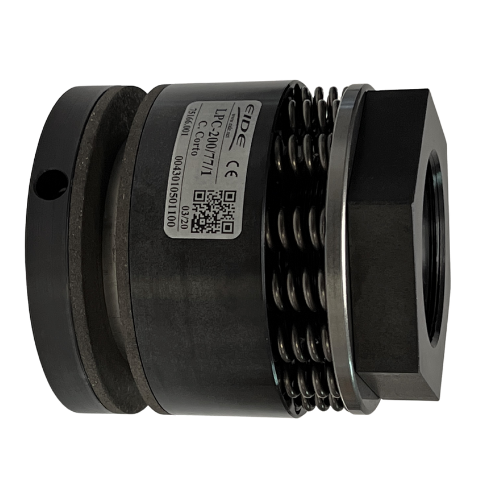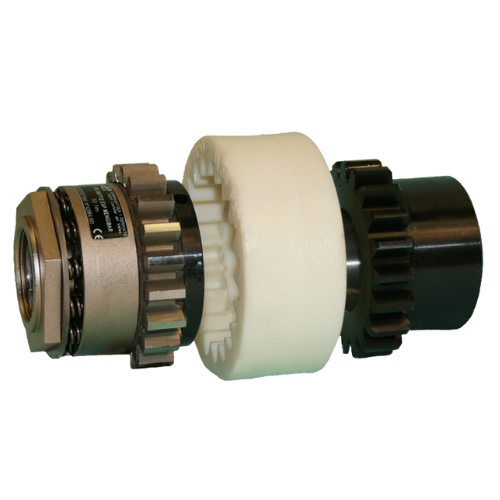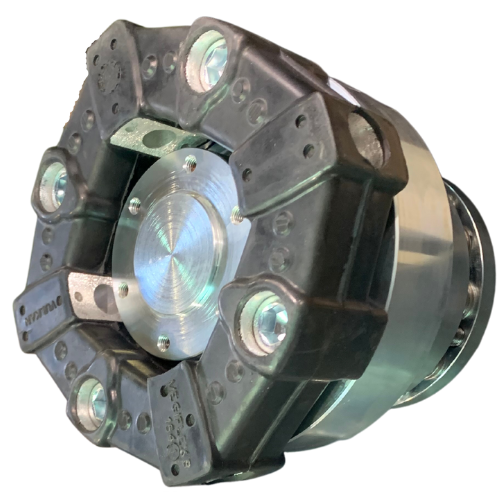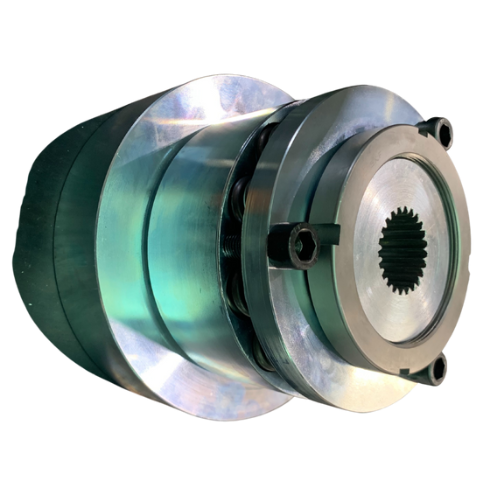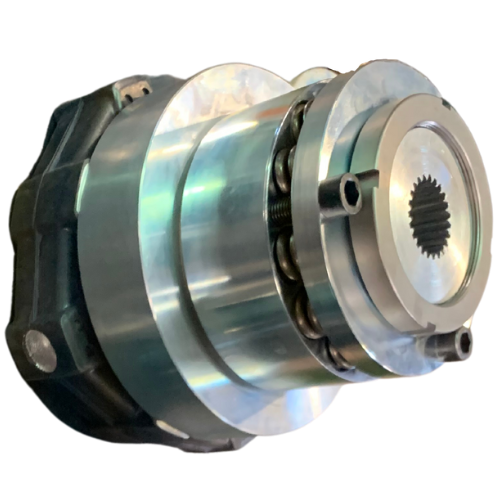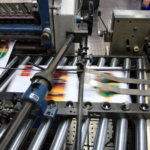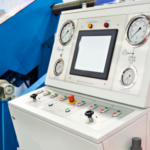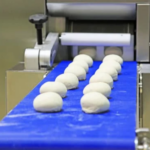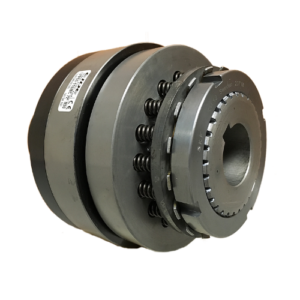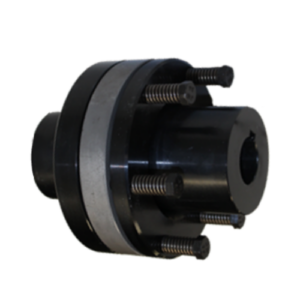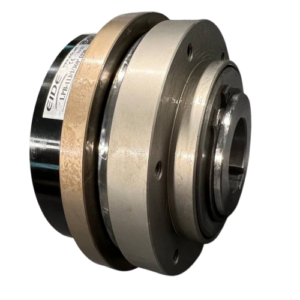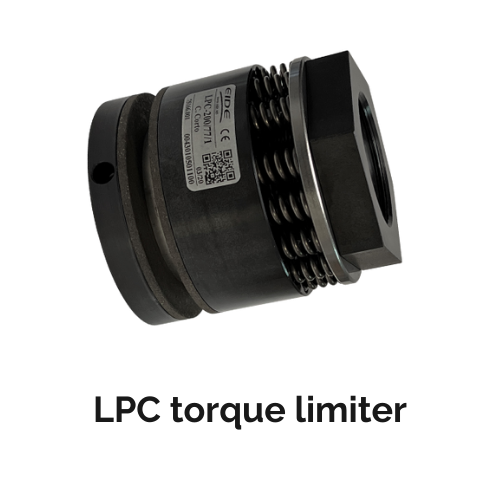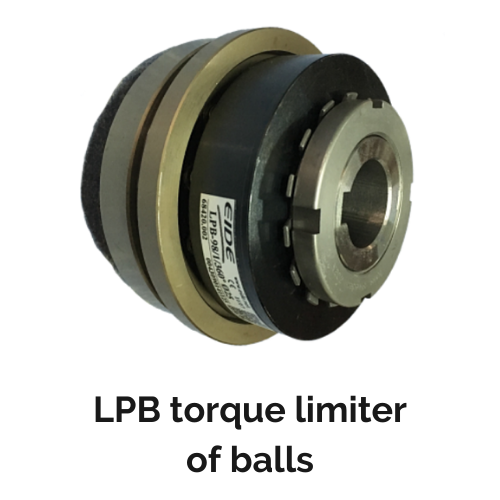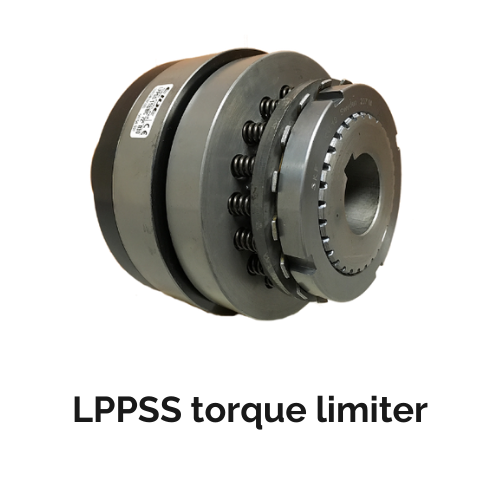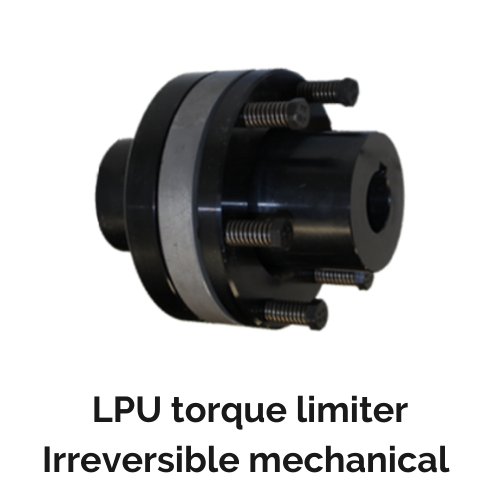Description
What is the LPC torque limiter?
The LPC mechanical torque limiter is strategically placed between conductive and driven elements in machines, playing a crucial role in overload protection.
Functions as a mechanical fuse, absorbing excess torque and preventing costly damage to equipment.
Operation and benefits
When the regulated torque is exceeded on a machine, the LPC mechanical torque limiter comes into play by allowing controlled sliding between components such as sprockets, chains and pulleys, thanks to its friction discs.
Its ingenious design with coil springs not only guarantees sensitive adjustment, but also the ability to withstand wear without significantly altering the adjusted torque.
Versatile applications
The LPC mechanical torque limiter has a wide range of applications. In addition to its primary function in overload protection, it can be used as a constant load element in situations such as retainers or single winding shafts. For low-speed applications, this mechanism presents itself as an economical and efficient solution.
Special considerations
The nylon crown in the LPC mechanical torque limiter confers an increased sensitivity to heat. This should be taken into account when operating in conditions where temperatures may rise. Although its use as a continuous sliding element is limited, its versatility and responsiveness make it a valuable option in a variety of machine configurations.
Importance of speed detection
In situations where continuous slippage could go unnoticed by the operator or on stand-alone machines, it is recommended to install an external speed detector. This addition will act as an alarm or can even interact directly with the motorisation, ensuring an immediate response to any anomaly.
Contact our technical team
Contact us at for more information on how this limiter can effectively and reliably meet your needs.
For more information about the products we have in EIDE, please contact us at contact with us.


